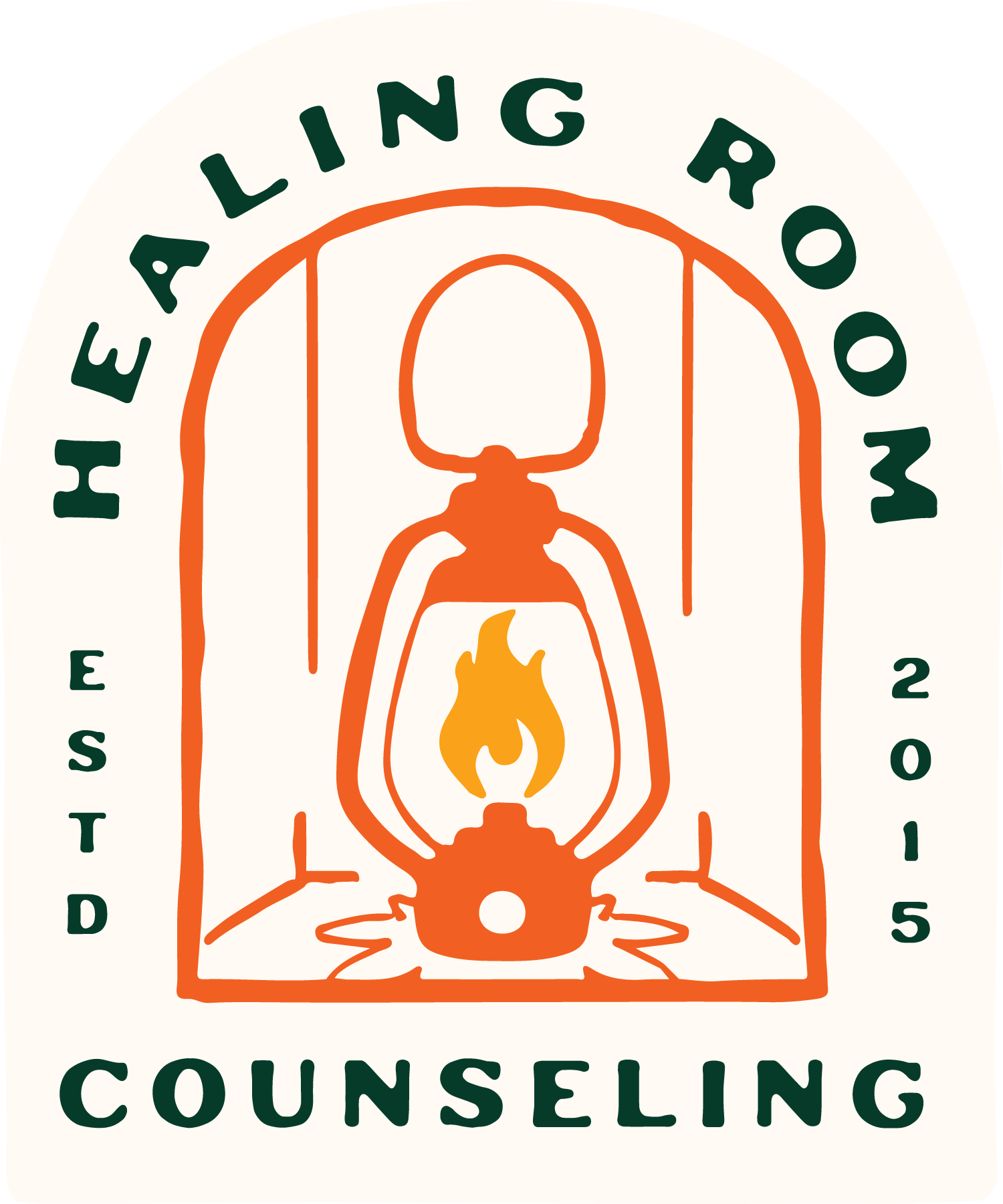How to Find a Therapist in Atlanta
Finding a therapist can be tough. Most of us really someone who really understands our pain points, someone who has the skill to help us with meaningful change, and then someone who meets our logistical needs around time and finances. Finding the right therapist can feel like a daunting task. It's easy to feel overwhelmed. But fear not! With a plan and some perseverance, you can find a mental health therapist who is a good fit for you.
Here's a step-by-step guide to help you navigate the process:
1. Understand Your Needs
Start by identifying your top concerns and goals. What’s keeping you up at night? If you had a magic wand to make something different, what would it be? Understanding your needs will help you narrow down your search.
2. Research Therapists
Once you have a clearer understanding of some of your needs, it's time to start researching therapists. You can use online directories like Psychology Today or TherapyDen to find therapists in your area. Take your time to read through therapists' profiles, paying attention to their specialties, treatment approaches, and client reviews. Who stands out to you? Who do you feel like could really understand you?
3. Ask for Recommendations: Ask friends, family members, or healthcare professionals for therapist recommendations. Personal referrals can be invaluable, as they often come with firsthand insight into a therapist's approach and effectiveness.
4. Consider Logistics: When choosing a therapist, consider practical factors such as location, cost, and availability. Do you want to be in person or would virtual therapy also work well for you? Do they accept your insurance or offer a reduced fee? Are you available during the day or do you need a therapist with evening or weekend availability? What’s your budget? Are there expenses you could cut so that you can prioritize your mental health?
5. Contact Potential Therapists: Once you've narrowed down your list of potential therapists, reach out to them to ask any questions you may have and to schedule an initial consultation. Most therapists will offer you a free phone call so that they can hear what your needs are, tell you about their practice, answer any questions you have, and see if there is a good fit. Don’t be afraid to ask questions the therapist questions about their qualifications, how they’d approach the challenges you are facing, or what their experience is with working with folks like you. You can also ask questions about fee, session length, and cancellation policies. This meeting gives you the opportunity to get a sense of the therapist's personality, communication style, and whether you feel comfortable opening up to them. Try talking to at least two different therapists.
6. Trust Your Instincts: Trust your instincts when choosing a therapist. Pay attention to how you feel during your conversation with them. Do you feel heard, understood, and supported? Therapy is a collaborative process and it's essential to find a therapist with whom you feel you could feel safe being vulnerable with.
8. Give It The Time You Need: Finding the right therapist may take some time and experimentation. Don't be discouraged if you don't find the perfect fit right away. Be patient with yourself and the process. If you’ve been working with the same therapist and have found your needs have changed, it’s okay to change therapists.
9. Remember You're Not Alone: Lastly, remember that seeking help is a sign of strength, not weakness. You are not alone in your struggles and there is no shame in asking for support. With the guidance of a skilled therapist, you can experience change
By considering your needs, researching therapists, asking for recommendations, considering logistics, contacting potential therapists, asking the questions that are important to you, trusting your instincts, giving it time, and remembering that you're not alone, you can find a therapist who is a solid. Don't hesitate to reach out for help. I offer free consultations and I’m glad to help connect you to another therapist if we aren’t the right fit. Click on REACH OUT in the top right hand corner of this page to get started.

